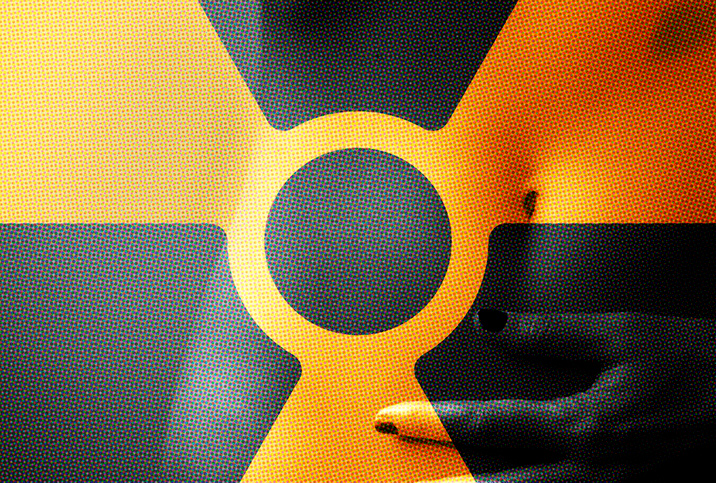Environmental Factors That Can Impact Fertility

Lifestyle factors such as obesity, lack of exercise and a poor diet have long been linked to fertility problems in women. Yet these aren’t the only risks women face if they want to maintain their chances of starting a family: Environmental factors also play a crucial role in the fertility of women.
As a result, identifying these factors and limiting exposure to them can ensure women maintain their capability of conceiving. Some of the greatest environmental factors that can impact fertility and what women can do to curb them are known.
Pesticides, fungicides & rodenticides
The use of pesticides, fungicides and rodenticides is widespread in the farming industry. By spraying crops with pesticides or leaving poison bait blocks, farmers can increase their yield and reduce the incidence of infestation. However, this comes with certain health risks for consumers of fresh produce. The use of such chemicals has been tied to chronic and acute health conditions, and also to infertility in women.
A 2017 study from the Harvard T.H. Chan School of Public Health and published in JAMA Internal Medicine linked pesticides to greater infertility in women. A control group of 325 women who ate more than two servings a day of fruits and vegetables with high amounts of pesticides compared to those who ate an average of one were 18 percent less likely to get pregnant and 26 percent less likely to have a live birth. The study also suggested women who have turned to in vitro fertilization, or IVF, may have trouble conceiving if they’re consuming foods high in pesticides.
To counteract this effect, many doctors and nutritionists suggest that women who wish to become pregnant should turn to organic produce. By law, organic produce can contain no chemical pesticides and crops can only be planted on land that’s been free of contaminants (such as weed killers) for three years. Although organic produce comes with a higher price tag—about 7.5 percent more than nonorganic produce—that cost has been on the decline. For women who want to start a family, cutting costs in other parts of their budget may be the best alternative.
Radiation
Radiation is another concern for women trying to get pregnant or have a healthy birth. Ionizing radiation, also known as natural radiation, comes from the air, the soil and some building materials. Exposure to this has not yet been linked to infertility.
However, women suffering from cancer who undergo radiation or those who have survived cancer through radiation may have an increased chance of infertility. In particular, those who received radiation on their abdomen are at an increased risk of fertility issues due to radiation exposure in the reproductive organs.
Not all women suffer fertility issues following chemotherapy or radiation treatment, but if you think you may want to have children after you complete treatment, you should discuss fertility issues with your doctor prior to undergoing radiation or chemotherapy. In some cases, they may recommend that you freeze your eggs so they are unaffected by the treatment. These eggs can later be fertilized and implanted in the uterus, often without issues.
Hormone disruptors & endocrine-disrupting chemicals
Another environmental factor that can impact women’s fertility are substances known as hormone disruptors, or endocrine-disrupting chemicals. Long- and short-term exposure to these chemicals can harm the endocrine system and alter hormones that can affect fertility.
These chemicals are found in a variety of goods many women might handle or use on a daily basis, both natural and manufactured:
- Phthalates are commonly used to make plastics more pliable. They’re found in consumer-goods packaging, plastic drinking cups and water bottles, children’s toys and some cosmetics.
- Triclosan is found in some varieties of body wash, toothpastes and detergents.
- Phytoestrogens naturally occur in soy and tofu products.
- Perchlorate is a chemical byproduct often found in drinking water.
- Bisphenol A, also known as BPA, is found in a majority of plastics.
Because many of these hormone disruptors are found in everyday household items, limiting exposure is difficult for many women.
Err on the side of caution
Although research shows that environmental factors continue to affect fertility, the extent of damage to such exposure remains relatively unknown. However, if you’re a woman who wants to start a family, limiting your exposure to these factors, reading product labels and ingredients, and eating organic foods may provide an answer. Erring on the side of caution will help reduce your worry and potentially increase your chances of conception.


















